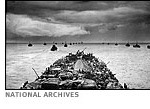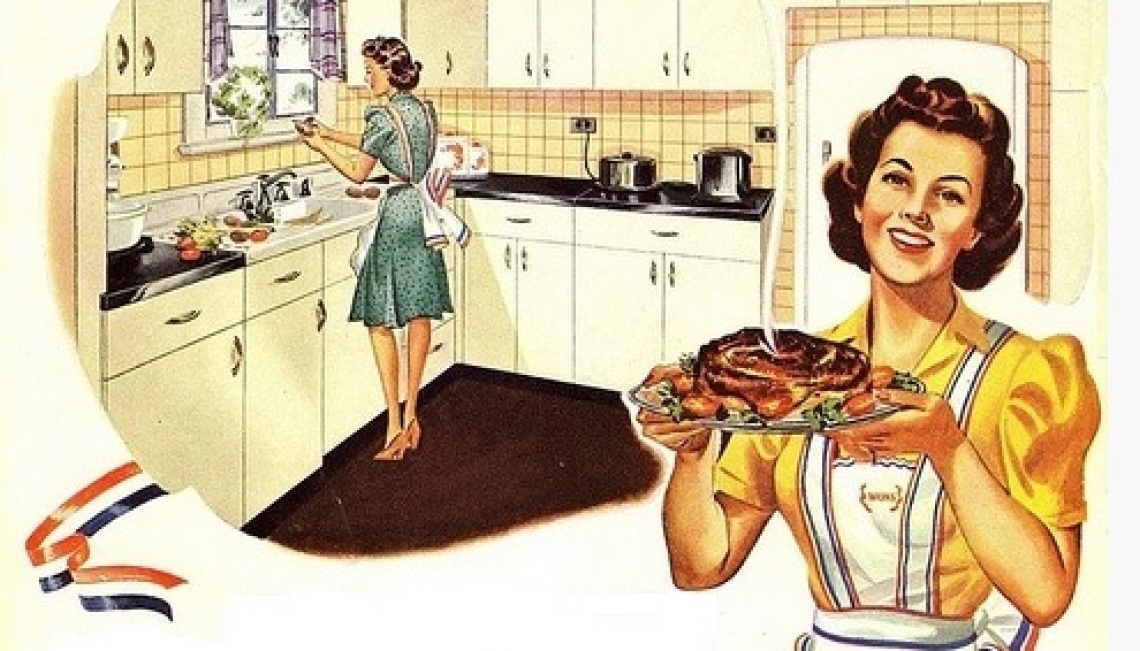A D-Day Anniversary

Today marks the 71st anniversary of D-Day, the Allied invasion of Normandy, France that took the lives of (or wounded) approximately 425,000 Allied and German troops. Back home, the news of the operation would have traveled via radio and newspaper slowly compared to today. When word reached home many Americans were stunned by the staggering numbers reported. 4,000 ships and 11,000 planes supported the attack. For anyone with a loved one in the European theater, they had to wonder and worry; startle at every knock on the door.
If the home front was weary of the rations and shortages, D-Day brought people back to reality. No matter how hard it was to sacrifice and make do, the effort was far worse in Europe and troops needed support without complaint.
Renewed commitment to the effort was found.
In my hometown paper from Ripon, Wisconsin an editorial around the time read, “It is time somebody spoke sharply to those disgruntled citizens who “can’t get along” under wartime restrictions.
The woman who scurries about trying to buy every pair of sheer hose she can get her hands on because she “just won’t wear those heavy stocking” is in the same class as the housewife who chases from store to store, hoping to get still another pound of coffee to add to her hoarded pile.
The woman who “can’t get along” on her sugar ration belongs with the man who feels that something “must be done about” getting him a third pork chop. And all these persons are in the same class with those who are “about ready to give up” because of gas rationing, fuel oil rationing, the shortage of chocolate, the impossibility of getting a new vacuum cleaner, etc. etc.
Is a pork chop, then, a matter of vital concern to a free and ingenious people? Is it really important whether or not we have a second cup of coffee? We have had these things as a matter of course. We have grown used to them, but is it fair to expect them when a whole world is upside down, when there is a battle to the death to see whether democracy shall survive or be wiped out? Is it fair to “beef”about our “hardships” when the issue of victory or defeat is still undecided?
Even if there has been “lack of proper planning” and “unparconable mistakes in Washington” and a “woeful absence of vision”, is it fair, or practical, or helpful to the war effort to grouse and grumble about “condition”?
All over the world today, in dozens of outposts, the soldiers of democracy, though they may have the coffee and beef and the chocolate we find it difficult to get, are living under conditions we cannot even imagine — and dying to keep from us the fate of a permanent loss of good things of life.
Men are dying at sea trying to bring us the coffee we crave, getting some through despite the dangers just so that we may have that cheering drink at breakfast if at no other time.
And we, sitting in our easy chairs with the radio playing, soft music in the background and with the room temperature still comfortable, express our displeasure that our coffee is neither so good nor so plentiful as in the past!
Wake up, complainers! A million Japs are at the throats of our brothers and sons, who are fighting for us in Asia’s heat and Europe’s cold. What have we to complain about, except that we care so little to help them, except that we are not doing all the little we can?”

Cemetery at Normandy Beach

